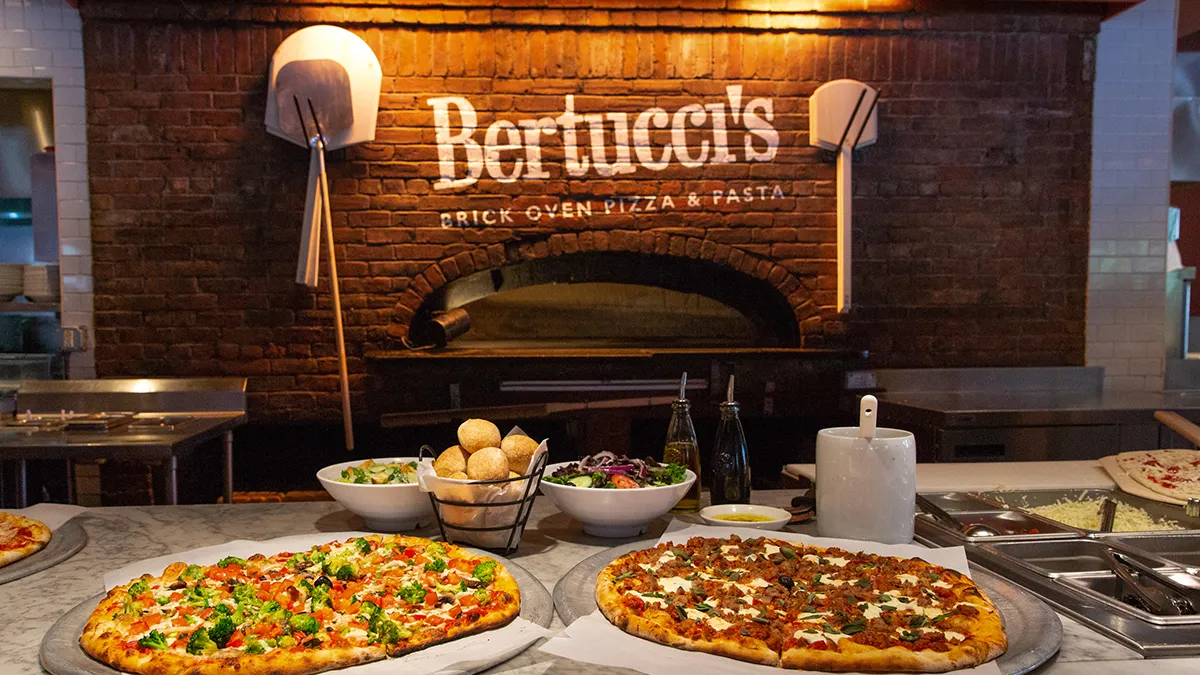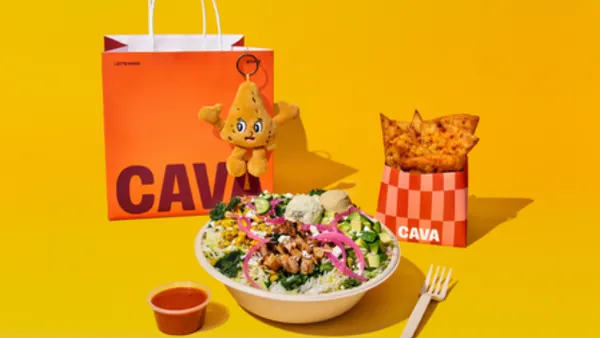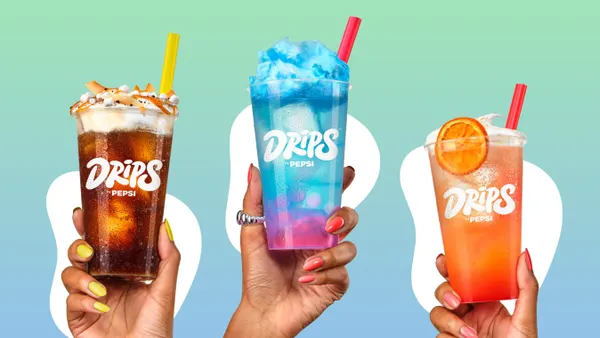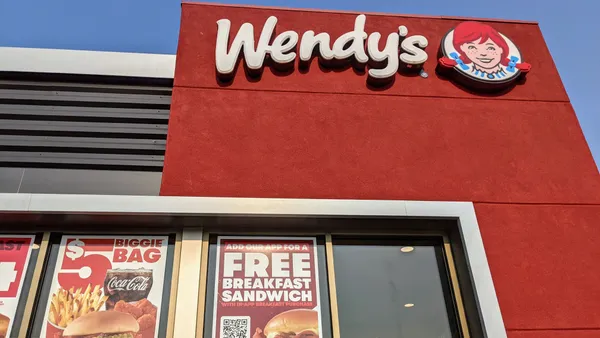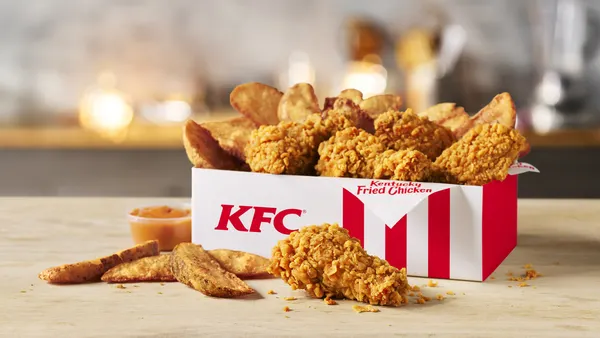Dive Brief:
- Bertucci’s filed for Chapter 11 bankruptcy protection this week for the third time since 2018, court records show.
- The chain closed seven of its 22 stores before the filing, leaving it with 15 operating units, according to a case management summary filed as part of the bankruptcy proceedings.
- Bertucci’s cited an unanticipated deterioration in the economy and decreased consumer spending at legacy casual dining chains as the causes of its financial struggles.
Dive Insight:
Bertucci’s specifically blamed input costs, waning consumer confidence and worsening economic conditions earlier this year, rather than the longer problems in the casual dining sector, for its bankruptcy filing.
Those conditions are related to the macroeconomic policy the Trump administration has implemented since taking office in January, Adam Hersh, a senior economist with the Economic Policy Institute, said in a previous interview with Restaurant Dive. That policy has created a recessionary storm by weakening consumer demand and increasing input costs.
Bertucci’s problems began before 2025. Accompanying its 2022 Chapter 11 filing — the second bankruptcy filing for the chain — Bertucci’s shrank its restaurant system, to just 23 units. In 2018, it operated 56 restaurants.
While the company said the remaining 23 stores showed signs of recovery or were profitable, consumer retreat from casual dining continued.
Bertucci’s cited the bankruptcies of Red Lobster, TGI Fridays, Tijuana Flats, Hooters and On the Border, among others, as evidence of the difficulties facing restaurants since the end of COVID-19 pandemic restrictions.
“As a result, several of the Debtor’s locations have failed to recover and continue to operate at a loss,” the case management summary states.
Bertucci’s closed five stores in Massachusetts, one in Rhode Island and one in Maryland prior to filing for bankruptcy this week. The brand still has stores operating in Delaware, Maryland, Pennsylvania, Virginia, Connecticut and Massachusetts.
Bertucci’s may lean on its fast-casual offshoot to weather the current economic climate.
“The Debtor recently developed a new fast-casual spinoff concept called Bertucci’s Pronto. Consumers today have been gravitating toward fast-casual options over traditional sit-down restaurants,” the summary said.
Other casual dining chains have looked to fast casual as a lifeline, too, but results have been mixed. Both Golden Corral and Perkins are still growing their fast casual concepts, but Bloomin’ Brands has significantly reduced its fast casual spinoff.



